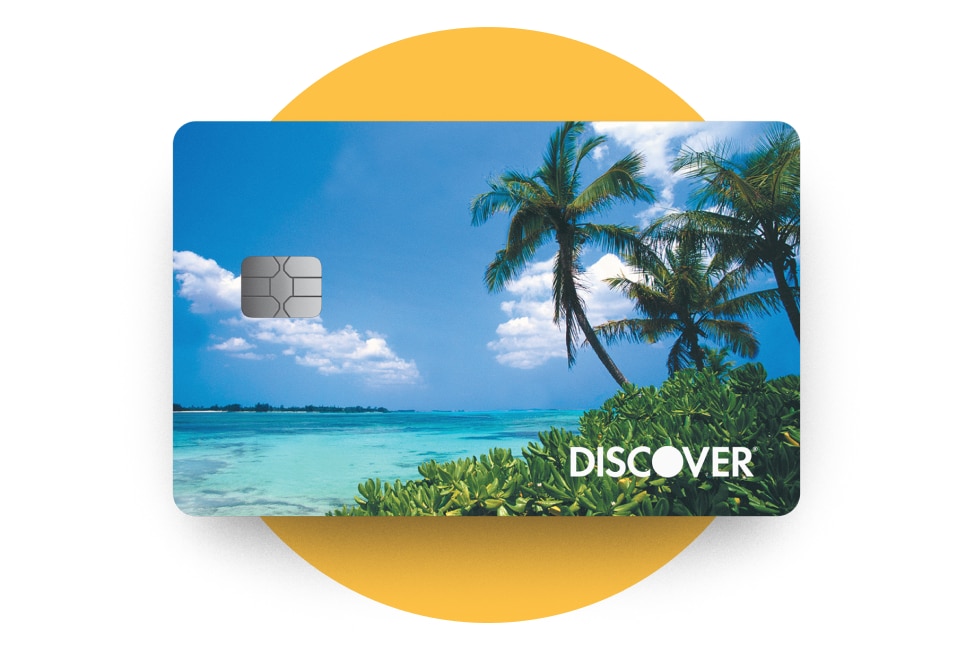
They say that travel is about the journey, not the destination. And if you travel regularly, you know that small comforts on that journey are essential to a good experience—especially if those comforts include discounts or rewards. For an avid traveler, the benefits of a travel credit card make having one a good investment.
So, just what is a travel credit card? Travel cards give you the opportunity to earn Miles, rewards, or points on qualifying purchases that you make with your card. Depending on the issuer, these rewards can then be redeemed for a statement credit, travel bookings, and more. Some cards even allow redemption on non-travel-related expenses.
Further, a co-branded travel card (that’s a credit card that is issued by a bank in partnership with an airline, hotel, or other hospitality brand) lets you earn rewards when you're loyal to their specific airline or hotel brand. Because of that, some people carry more than one travel card and use the combined benefits to achieve ultimate rewards.







